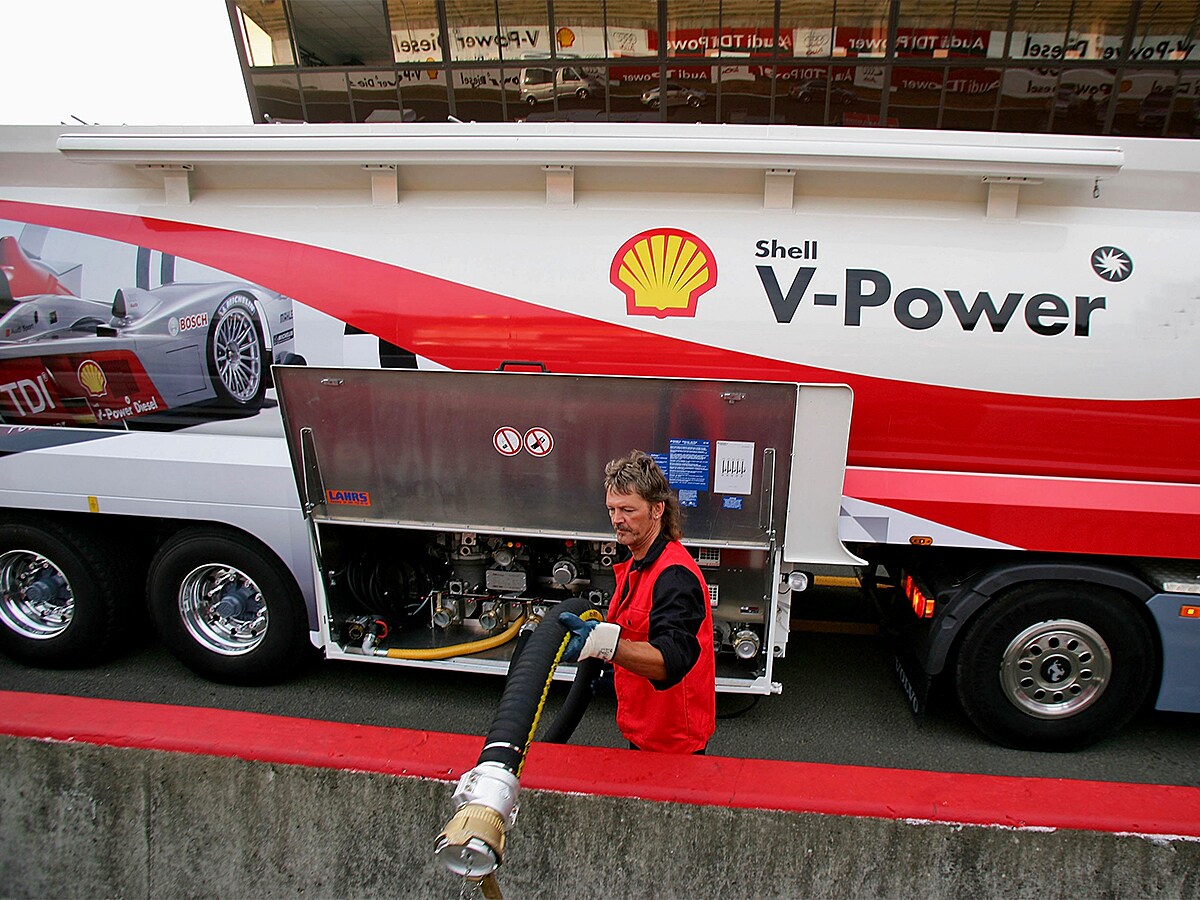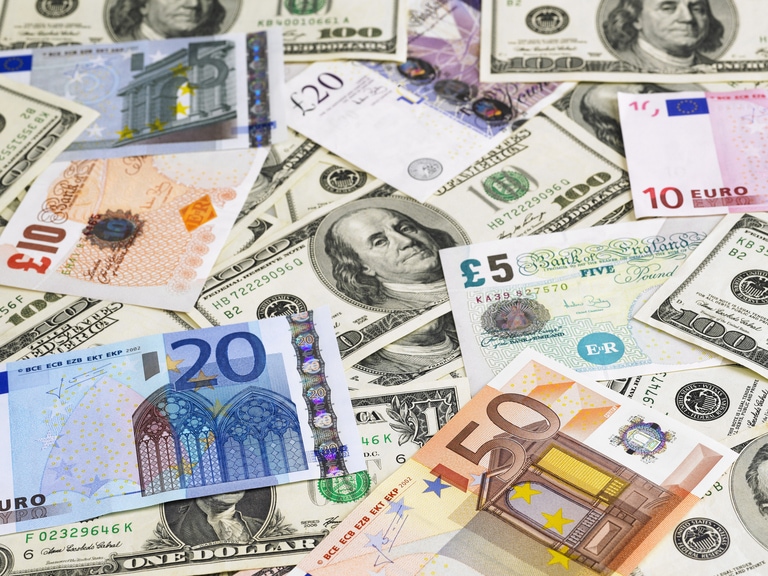The Shell share price has been one of the best performers this year on the FTSE 100, and today’s Q1 numbers have served to illustrate why, as the company followed in the footsteps of BP earlier this week, by reporting strong underlying profit for Q1. Underlying profit came in at $9.1bn, a 43% increase on Q4, and beating expectations of $8.2bn, to record the best quarter in over a decade.
Earlier this year Shell said that its withdrawal from Russia and other related assets would cost it in the region of $4bn to $5bn, although they may be able to claw some of that back if they are successful in offloading them to either Sinopec or CNOOC in China, who appear to be interested in acquiring them. The oil company confirmed it would be taking a $3.9bn charge in this quarter in respect of this.
As with BP, Shell made a lot of money from its trading division, $1.1bn, a part of the business that struggled in Q4 losing $251m. Shell has also made big strides in reducing its net debt which pre-pandemic was over $75bn. In the last two years they’ve managed to cut that to $48.5bn. Today’s numbers also undermine the calls by activist investor Dan Loeb to break up the company, by reinforcing the importance of how the legacy business can fuel the transition to renewables.
On capex Shell is investing a much higher amount than BP at between $23bn and $27bn, spending $5bn in Q1, and has also been spending money in the area of renewables, completing the purchase of solar and energy storage developer Savion in the US at the end of last year, as well as winning bids with Scottish Power to develop 5GW of floating wind power in the UK in January this year.
Inevitably the strength of these underlying numbers will prompt calls for a windfall tax from politicians of a particular stripe, however Shell has already managed to get out in front of this bandwagon by pledging earlier this year to invest £25bn in UK renewables when Shell head of UK David Bunch announced a long-term plan in the wake of chancellor Rishi Sunak’s spring statement.
Bunch said that 75% of the investment would be in low or zero-carbon products and that the government needed to do its bit by supporting the supply, as well as the demand side. This remains the key part: politicians are extremely fond of grandstanding about what companies should be doing with their profits and spending money, without looking a little closer to home at their own competencies, or rather the lack of them.
Let’s not forget it was the decision of politicians to close the Rough storage facility in the North Sea in 2017, as well as the energy policies of successive governments of the last 20 years, that has contributed to the current energy crisis. It’s decisions like that from politicians who care more about soundbites than they do policy, that is the reason the UK is exposed more than it should be to the current crisis. Maybe it would be better for all if they left energy policy to the grownups.
In summary, this week we’ve seen BP commit £18bn to the UK economy in respect of the transition to renewables, on top of the £25bn announced by Shell back in April. This is despite taking writedowns of more than $30bn in respect of Russia assets. That’s a lot more than a windfall tax would raise and would probably be better spent.






